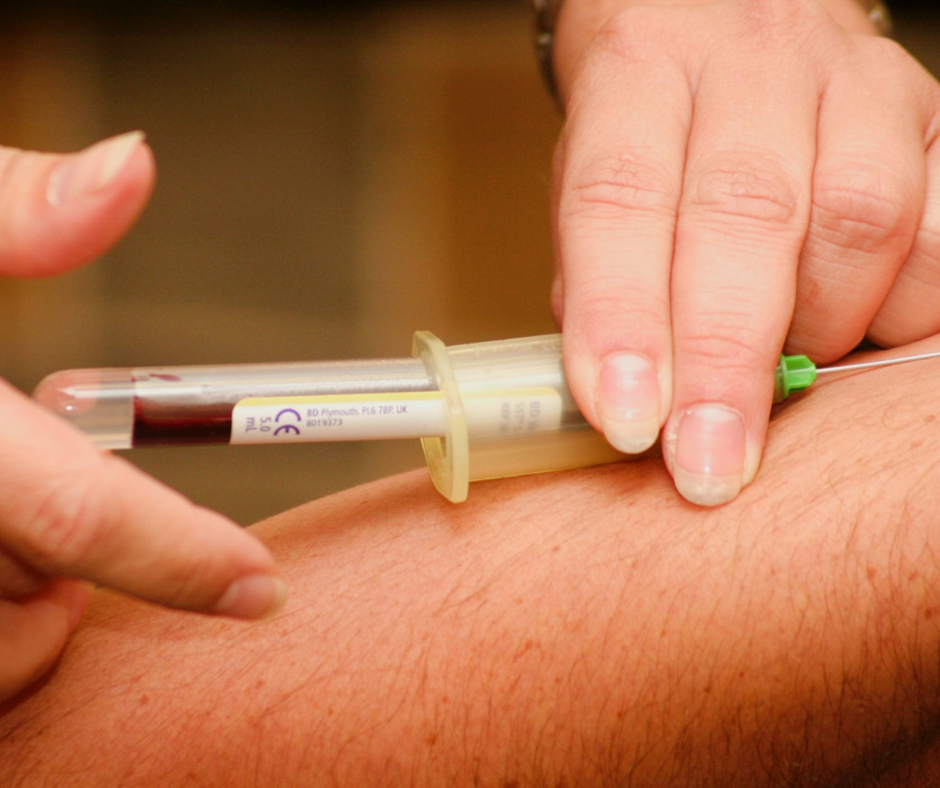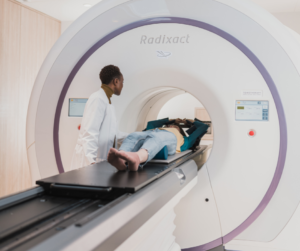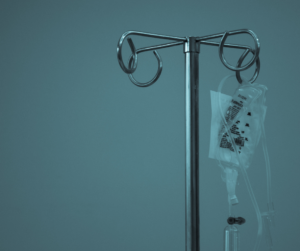Beth Sandy, MSN, CRNP
As a nurse practitioner working in thoracic medical oncology, I have seen the changes in non-small cell lung cancer (NSCLC) change dramatically over the past 20 years that I have been practicing in this subspecialized field. Twenty years ago were the days of just paclitaxel and carboplatin as really the only reasonable option to treat NSCLC. There was certainly no understanding of biomarker testing to predict for response to therapy, and certainly no drugs approved to target these.
How, here we are, 20 years later, with a complex network of drugs that are FDA-approved to manage 8 different targetable mutations and a ninth, PD-L1 expression, that is considered a predictor of response immune-checkpoint inhibitor therapy. However, as the saying goes—you can never treat a mutation that you never discovered.
And so, here we stand as advanced practice providers (APPs) in the world of oncology, excited to use less toxic oral therapies that can target these sometime rare biomarkers; however, the ability to properly perform the biomarker testing is hampered. A recent American Society of Clinical Oncology (ASCO) presentation revealed that only about half of eligible (non-squamous) NSCLC patients get all 5 of the most common biomarkers tested at the time of the study (EGFR, ALK, ROS1, BRAF, PD-L1).1 Furthermore, only 39% received the full next-generation sequencing (NGS) panel to identify the most targetable and non-targetable mutations, which is “strongly advised” by the National Comprehensive Cancer Network (NCCN) due to its efficiency vs single gene testing.2
Why are only 39% to 49% of eligible patients getting tested? We know that these mutations guide our treatments and confer a superior response over chemotherapy and often a significant survival advantage as well. The answers are multi-factorial. Probably the largest barrier to testing is the actual process to test within itself. Testing requiring significant communication across the multidisciplinary team to acquire the tissue (pulmonary, surgery) and then have it sent to a testing lab/company (pathology), and then obtain the results and act on them (medical oncology). Without a dedicated representative, like an APP or a nurse navigator, this process can have failures and holes that delay or lose testing capabilities.
Also, insufficient tissue samples will not yield a result at times, thus leaving the medical oncologist without any biomarker data to guide treatment. Do you re-biopsy? Do you send a liquid biopsy? Do you just go ahead and treat with standard of care chemotherapy plus immunotherapy, really not knowing if it is the best option, but the patient is sick and neither of you want to wait any longer?
Patient advocacy in NSCLC is much less common that other solid tumor types. This results in less patient self-awareness of the testing recommendations and options for treatment. Sometimes, patients really can be a great impetus for their own best treatments, but the stigma and low survival statistics in metastatic NSCLC have resulted in less awareness and advocacy for patients suffering from NSCLC.
I wish I had all of the answers to make biomarker testing in NSCLC as common as ER/PR/HER2 testing in breast cancer. The complexity of testing requires dedication and a well-designed flow to make it happen routinely as it should. Improving tissues acquisition and education to patients about the importance of the testing results are important steps. But in the end, biomarker testing in NSCLC is important and we must strive to improve our rates of testing and ability to treat this disease by its unique characteristics. This topic is on the agenda at the majority of the regional Horizon APP Oncology Summit meetings in 2020-2021, with case studies and question and answer sessions.
For more information:
Robert, N. J., et al. My Lung Consortium. 2021 ASCO presentation.
Aisner, D., & Riely, G. J. (2021). Non-Small Cell Lung Cancer: Recommendations for biomarker testing and treatment. J Natl Compr Canc Netw. 19(5), 610-613.

Beth Sandy, MSN, CRNP
Thoracic Oncology Nurse Practitioner – Abramson Cancer Center, University of Pennsylvania







